Desserts are life’s sweetest rewards, but not every famous dessert chain deserves your time, money, or extra calories.
In a world obsessed with flashy packaging, viral trends, and Instagrammable moments, it’s easy to get dazzled by hype — only to be left disappointed by lackluster flavors, artificial ingredients, and overpriced treats. The reality? Some popular dessert chains serve more style than substance, while lesser-known spots quietly craft truly unforgettable sweets that melt your heart and satisfy your cravings.
After countless taste tests and sugar-fueled adventures across America, I’m here to separate the sugar-coated myths from the delicious truths. From giant cookies that fall flat to frozen yogurt promises that never quite deliver, I’ve sampled it all — so you don’t have to. This article uncovers the top dessert chains that don’t live up to their buzz and highlights the under-the-radar gems that deserve a spot on your dessert radar.
If you’ve ever bitten into a cookie that seemed more like frosting with dough or a cupcake that left you wondering why you bothered, you’re not alone. It’s time to rethink where you get your sweet fix and learn how to spot real quality over marketing fluff.
1. Crumbl Cookies: All Size, No Substance
Giant cookies with rotating weekly flavors might sound exciting, but Crumbl often disappoints with style over substance. Their massive cookies frequently arrive undercooked in the center while oddly dry around the edges.
The flavors sound creative on paper yet taste artificial in reality. Most offerings rely heavily on excessive frosting and toppings to mask mediocre cookie bases.
At $4-5 per cookie, the price point simply doesn’t match the quality. Many customers admit they’re drawn in by the pink box and social media hype rather than returning for the actual taste. Local bakeries typically offer better cookies at half the price.
2. Nothing Bundt Cakes: One-Note Wonders
The name says it all – this chain does one thing only. While their signature cream cheese frosting drizzle looks pretty, every cake tastes remarkably similar regardless of the flavor you choose.
Texturally, these bundt cakes often miss the mark by being too dense and sometimes dry. The chain charges premium prices ($25-30 for a 10-inch cake) for what’s essentially a simple bundt cake with minimal decoration.
Most disappointing is their reliance on artificial flavors rather than real ingredients. The chocolate chip variety, for instance, contains noticeably fake vanilla notes instead of the rich, homemade quality you’d expect at this price point.
3. Cold Stone Creamery: Frozen Disappointment
Remember when mixing candy into ice cream on a frozen slab seemed revolutionary? Cold Stone’s gimmicky preparation can’t hide the fact that their ice cream base is surprisingly bland and artificial-tasting compared to premium brands.
Portion sizes border on ridiculous, encouraging waste and excess. Their signature creations pile on so many mix-ins that you can barely taste the actual ice cream underneath all the candy, cookies, and syrups.
Employees singing for tips creates an awkward experience for everyone involved. Factor in prices that have steadily climbed to nearly $8 for a “Like It” size, and you’re paying premium prices for mediocre ice cream with a side of theatrical distraction.
4. Sprinkles Cupcakes: The Emperor’s New Dessert
Famous for their cupcake ATMs and celebrity endorsements, Sprinkles built their reputation on being the “first cupcake bakery” rather than having the best product. Their cupcakes are consistently dry, with a poor cake-to-frosting ratio that leaves you with a sugar headache.
At nearly $5 per standard-sized cupcake, they’ve mastered the art of charging artisanal prices for assembly-line quality. The flavors rarely taste authentic – their red velvet lacks the subtle cocoa notes that define this classic.
Most customers admit they’re paying for the name and the Instagram opportunity rather than remarkable taste. Skip the hype and find a local bakery making cupcakes with real butter and fresh ingredients instead.
5. Cinnabon: Mall Food Court Mediocrity
That enticing cinnamon smell wafting through the mall? It’s artificially pumped through vents to lure you in! Cinnabon has mastered aroma marketing while serving increasingly smaller, greasier rolls drowning in sugary glaze.
A classic Cinnabon now packs a whopping 880 calories and 37 grams of fat – yet delivers little beyond a sugar rush. The dough itself lacks proper fermentation, resulting in a gummy texture rather than the light, fluffy layers of quality cinnamon rolls.
Founded in 1985, Cinnabon once offered fresh-baked quality. Today’s version relies heavily on preservatives and artificial ingredients to maintain consistency across their 1,200+ locations, sacrificing authentic flavor for shelf stability and profit margins.
6. Dippin’ Dots: The Future That Never Was
“Ice cream of the future” has been their slogan since 1988. Thirty-five years later, we’re still waiting for this flash-frozen novelty to deliver actual ice cream quality. The bizarre pellet format creates an unpleasant mouthfeel that’s more science experiment than dessert.
Flavor-wise, Dippin’ Dots rely heavily on artificial ingredients that leave a chemical aftertaste. The banana split variety tastes nothing like real bananas, while the cotton candy option is pure food coloring and sugar.
Small portions at premium prices ($7+ for a small cup) make this novelty even less appealing. The flash-freezing process also removes the creamy texture that makes real ice cream satisfying, leaving you with crunchy balls that melt inconsistently.
7. Pinkberry: Frozen Yogurt’s False Promise
Remember when Pinkberry convinced everyone that tart frozen yogurt was somehow healthier than ice cream? Their original flavor tastes like sour milk disguised as a health food, while their fruit toppings often come from sweetened, frozen sources rather than fresh options.
A medium serving with toppings easily climbs to 300+ calories, negating any perceived health benefit. Their “all-natural” claims face scrutiny too – many flavors contain artificial sweeteners and preservatives despite the wholesome marketing.
Pinkberry’s pricing structure feels particularly deceptive. The base price seems reasonable until you add toppings, which are charged by weight, leading to $9 cups of mediocre frozen yogurt. For those prices, you could enjoy premium ice cream with actual flavor satisfaction.
8. Milk Bar: Homemade Goodness Without The Pretense
Unlike chains that sacrifice quality for consistency, Christina Tosi’s Milk Bar delivers genuinely innovative desserts worth every calorie. Their Compost Cookie combines pretzels, potato chips, coffee, oats, and butterscotch into a sweet-salty masterpiece that’s impossible to replicate at home.
The famous Crack Pie (now called Milk Bar Pie) deserves its cult following with its gooey butter filling and oat cookie crust. Even their seemingly simple soft-serve ice cream offers unexpected depth through cereal milk infusion – literally milk steeped with cornflakes.
Each location maintains strict quality standards while experimenting with seasonal specials. Their transparent ingredient sourcing and dedication to proper baking techniques justify prices that reflect actual craftsmanship rather than marketing hype.
9. Levain Bakery: Cookie Perfection Worth The Line
Originally created to fuel the founders’ triathlon training, Levain’s cookies have become legendary for good reason. Each six-ounce monster achieves the impossible: crisp edges with a properly developed crust while maintaining a gooey, almost underbaked center that stays that way even hours after baking.
The Dark Chocolate Chocolate Chip cookie contains such high-quality cocoa that it borders on fudge territory. Their chocolate chip walnut cookie incorporates perfectly toasted nuts that complement rather than distract from the generous chocolate chunks.
Despite expansion beyond their original tiny New York basement bakery, Levain maintains strict quality control. Each location bakes throughout the day, ensuring warm cookies regardless of when you visit – a stark contrast to chains that ship frozen dough to stores.
10. Salt & Straw: Ice Cream Revolutionaries
Founded by cousins Kim and Tyler Malek in Portland, Salt & Straw creates ice cream flavors that sound bizarre on paper but deliver incredible taste experiences. Their Arbequina Olive Oil flavor showcases how premium ingredients can transform familiar desserts into something extraordinary.
Local sourcing isn’t just marketing – each city’s locations feature flavors highlighting regional producers. In their San Francisco shops, you might find Sightglass Coffee cashew praline, while Portland offers Tillamook cheese and marionberry collaborations.
The texture achieves perfect creaminess without excessive butterfat that coats your mouth unpleasantly. Seasonal monthly menus feature genuinely adventurous options like Thanksgiving turkey with cranberry sauce that somehow work brilliantly, encouraging customers to step outside their comfort zones.
11. Dominique Ansel Bakery: Beyond The Cronut
Yes, Dominique Ansel invented the Cronut, but the true genius of this bakery lies in their lesser-known creations. The DKA (Dominique’s Kouign Amann) features caramelized layers that shatter delicately, creating a textural experience impossible to achieve without proper lamination techniques.
Seasonal items showcase technical mastery while respecting ingredients’ natural flavors. Their Frozen S’more torches vanilla ice cream wrapped in honey marshmallow to order, creating temperature contrasts that factory-made desserts can’t replicate.
Unlike chains that develop items for ease of mass production, Ansel creates based on flavor possibilities and technical challenges. Even their chocolate chip cookie stands out by using two types of chocolate and finishing with sea salt that amplifies rather than masks the quality ingredients.
12. Jeni’s Splendid Ice Creams: Dairy Done Right
Founder Jeni Britton built her company around a revolutionary ice cream base that uses no synthetic stabilizers or emulsifiers. Instead, she developed a technique using tapioca starch and cream cheese to create impossibly smooth texture without the gummy mouthfeel found in mass-produced brands.
Flavors like Brambleberry Crisp incorporate house-made jam and toasted oat streusel that maintain their texture within the ice cream. Their Darkest Chocolate option uses fair-trade cocoa and tastes like sophisticated ganache rather than sugary chocolate milk.
Sustainability extends beyond ingredients to packaging and business practices. While not cheap at $12 per pint, the price reflects actual food costs rather than marketing budgets. One taste explains why so many professional chefs name Jeni’s as their personal favorite.
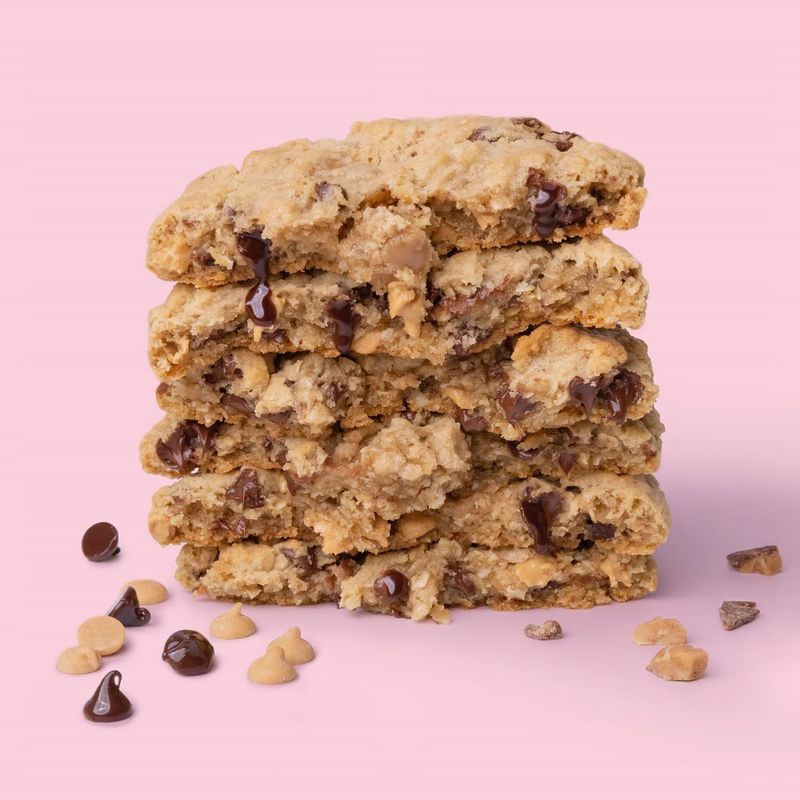
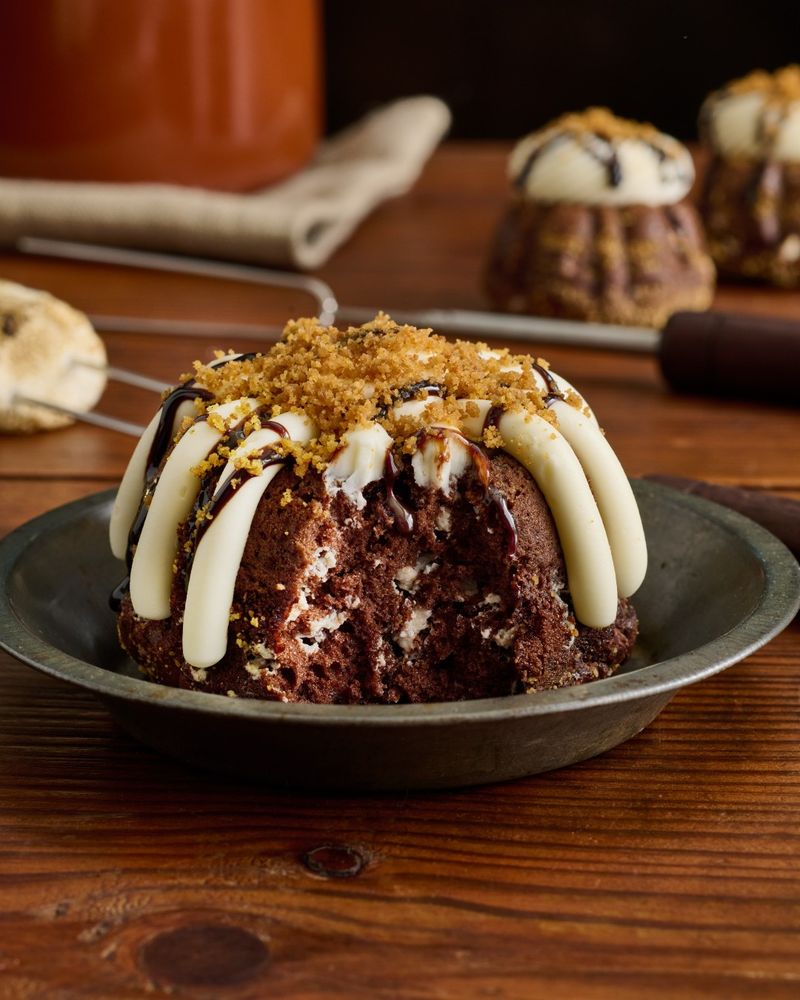
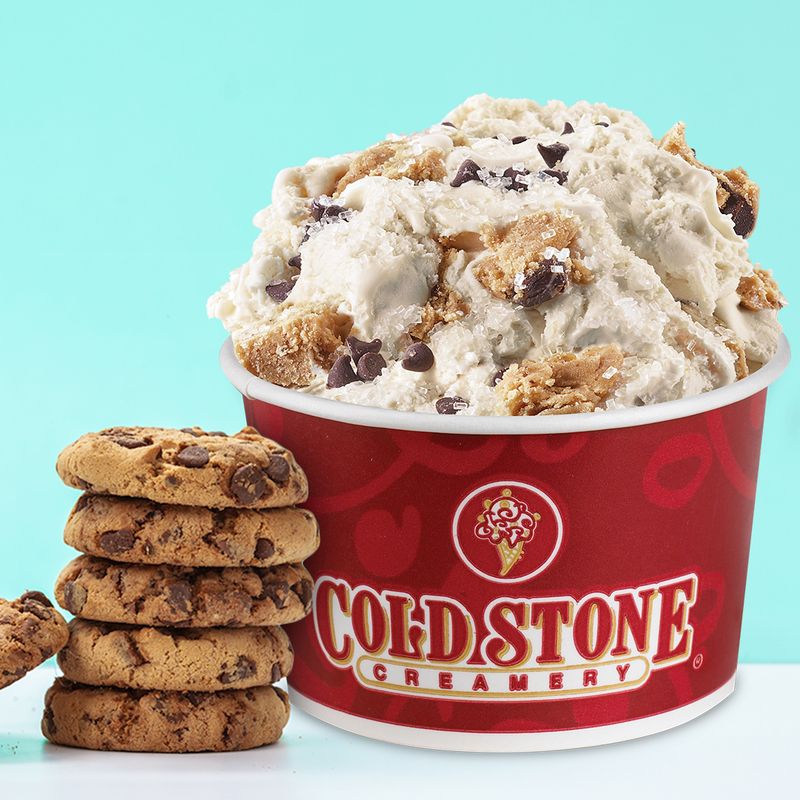

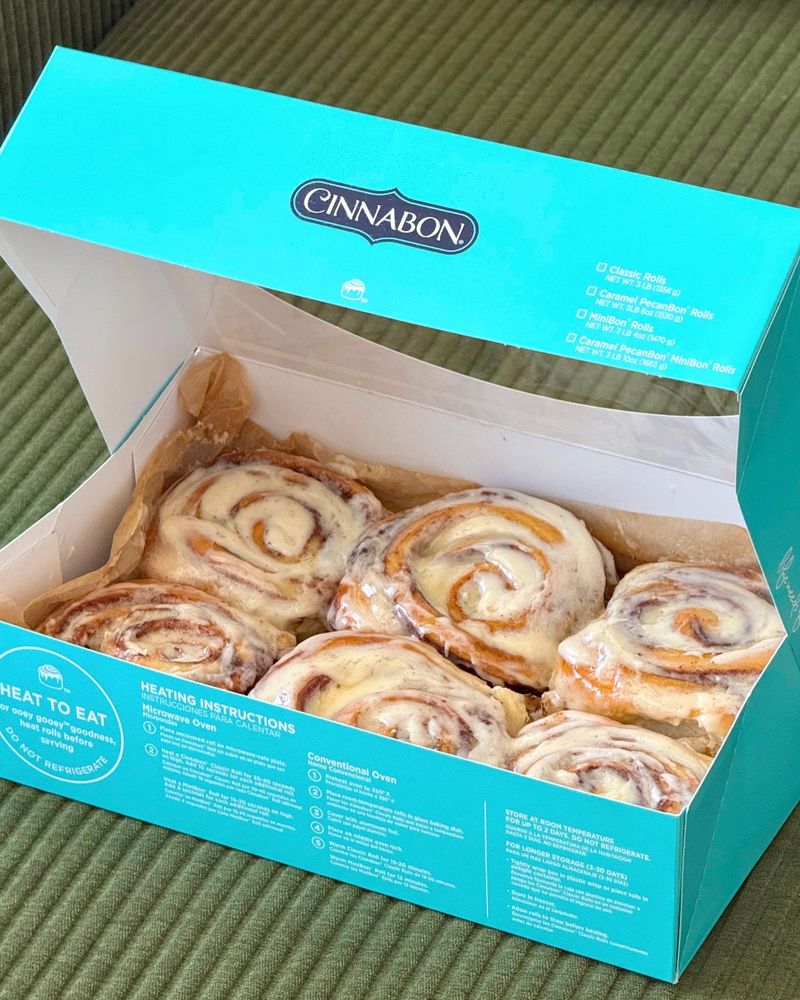
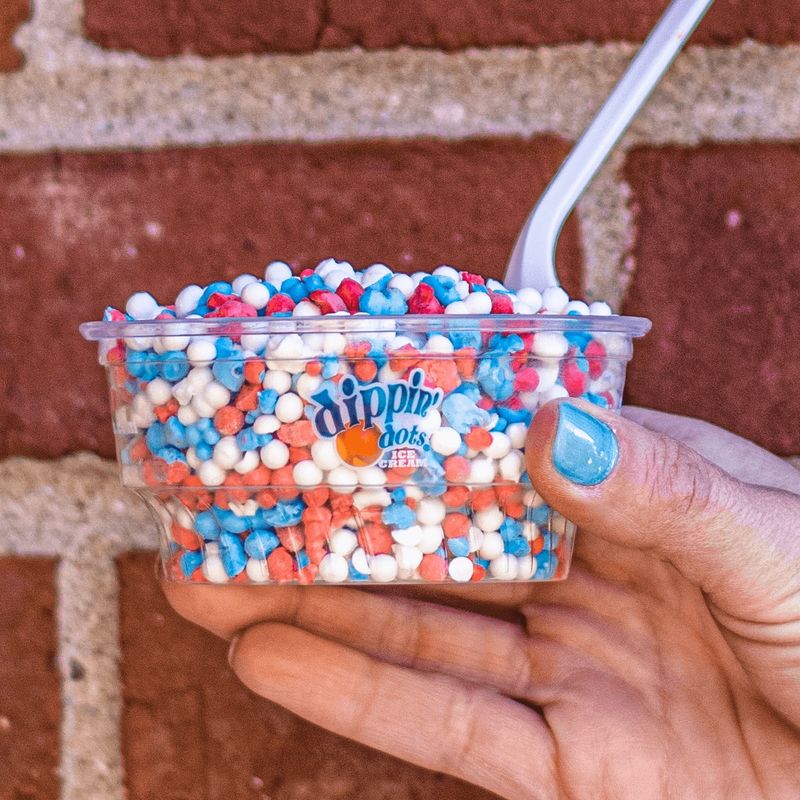
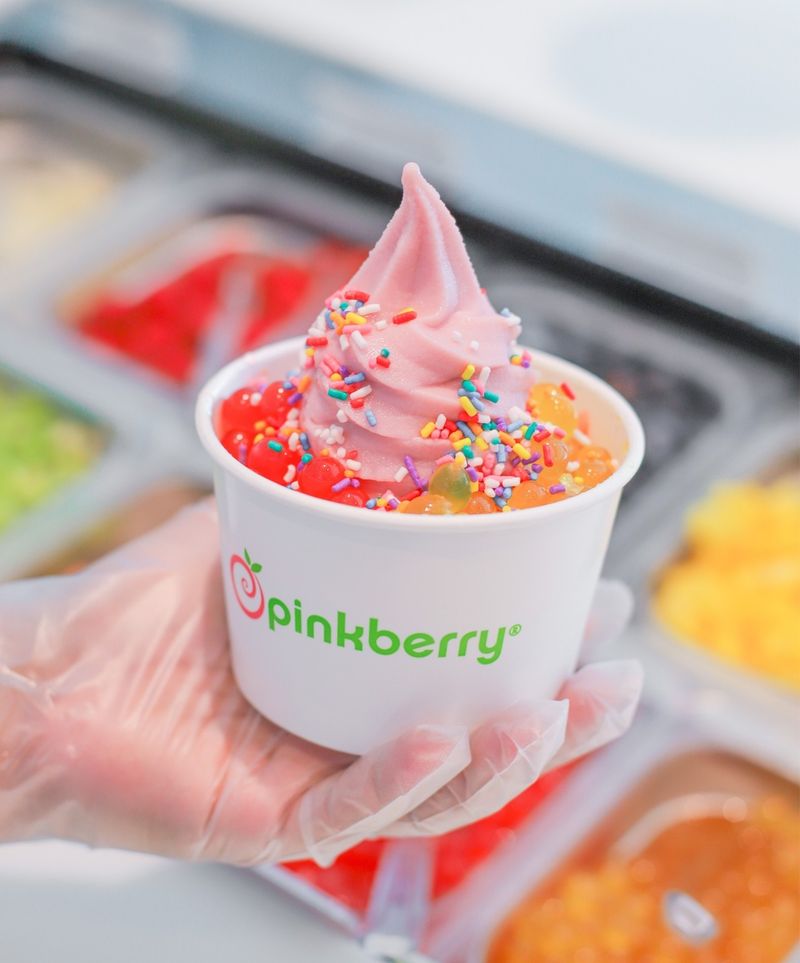
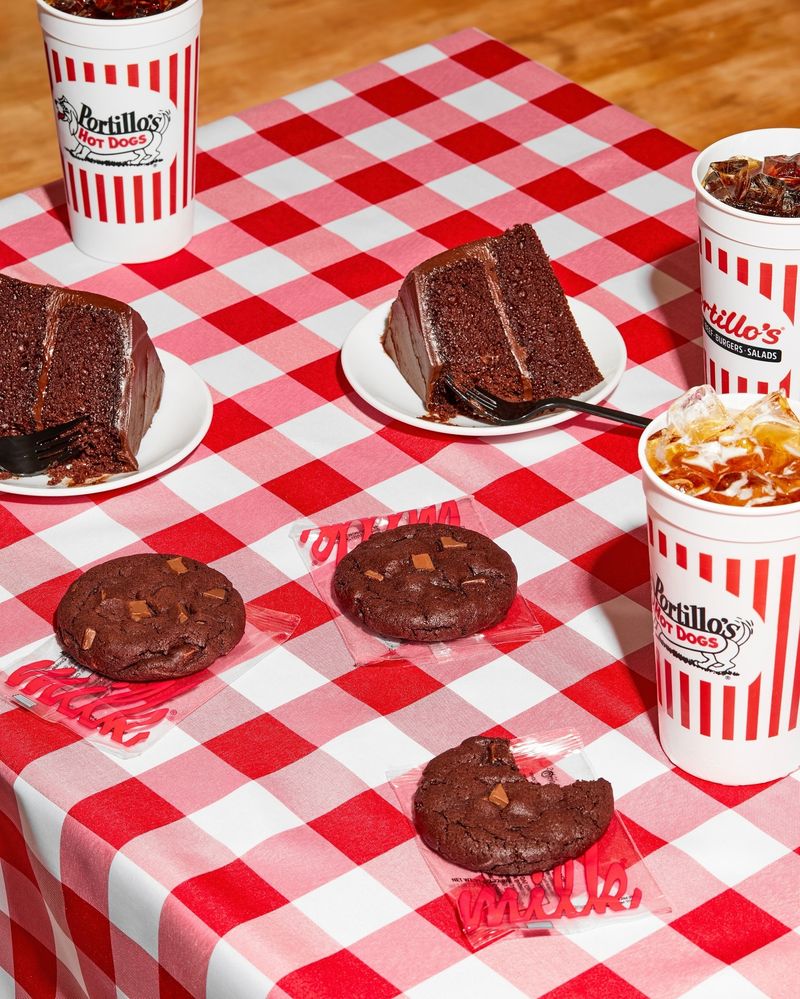
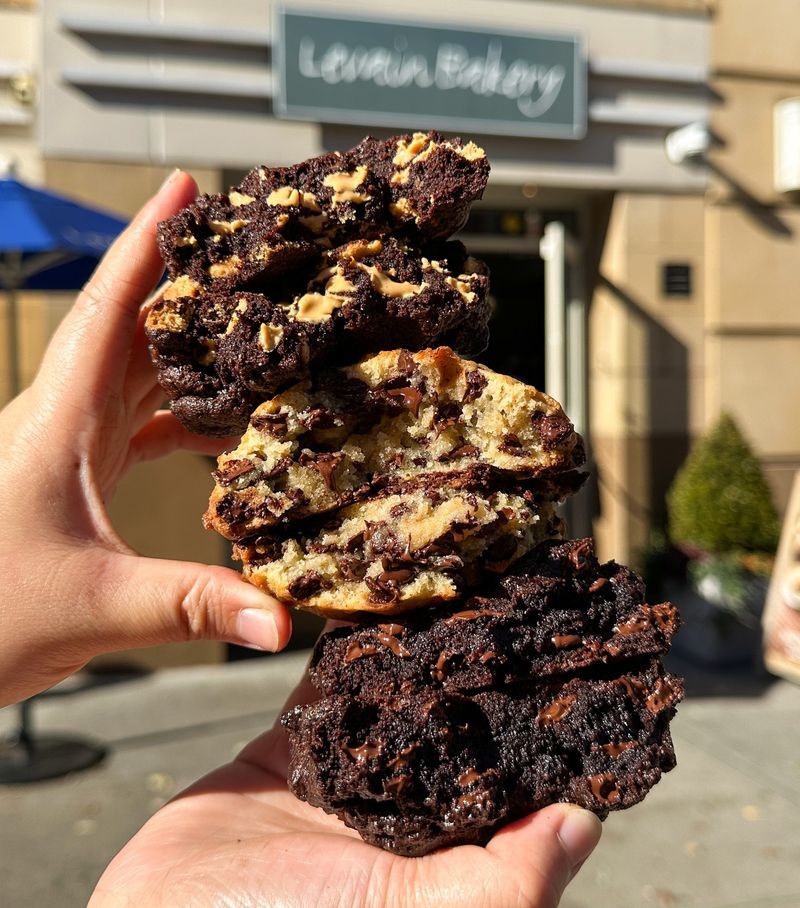
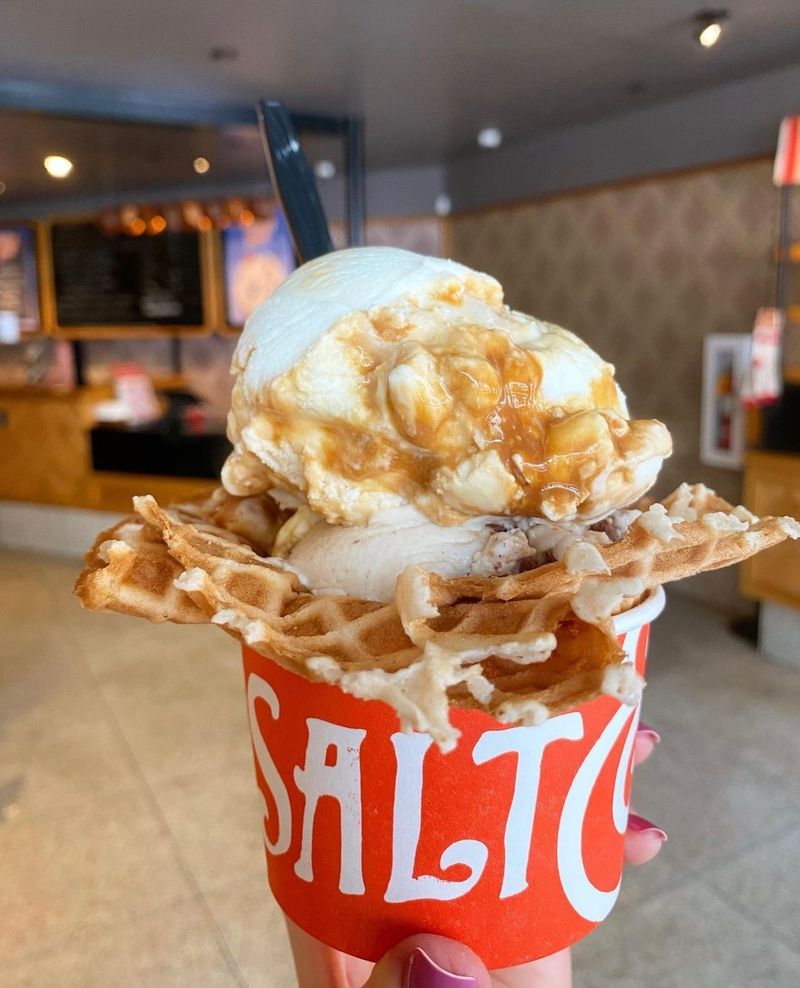
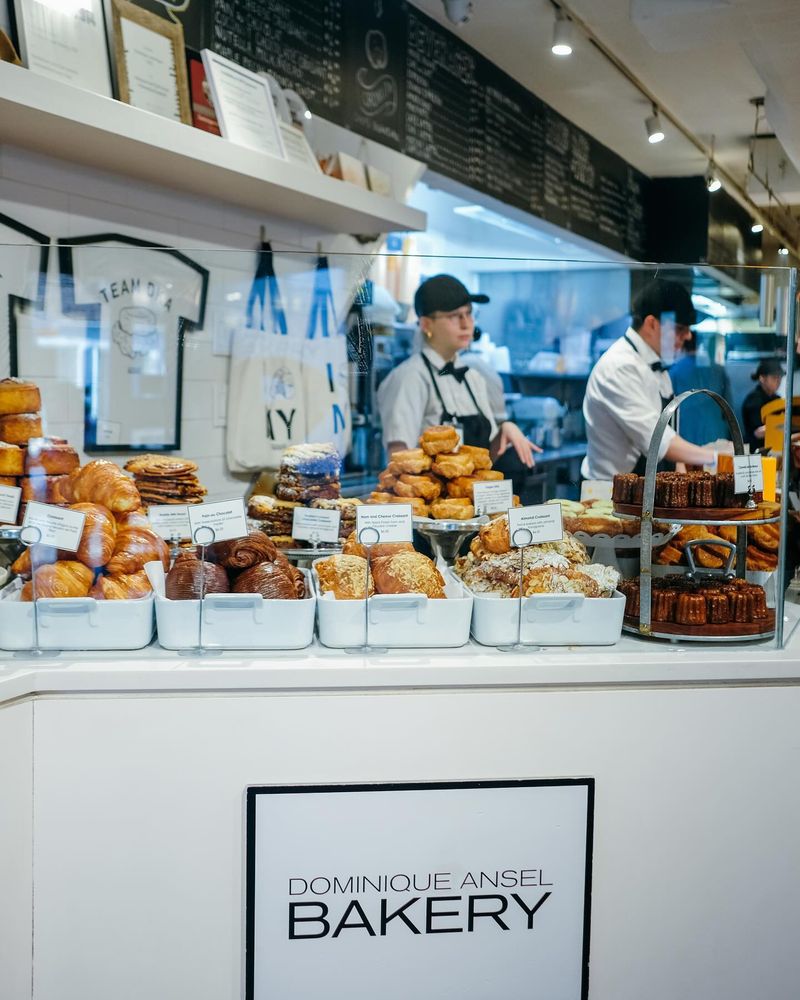
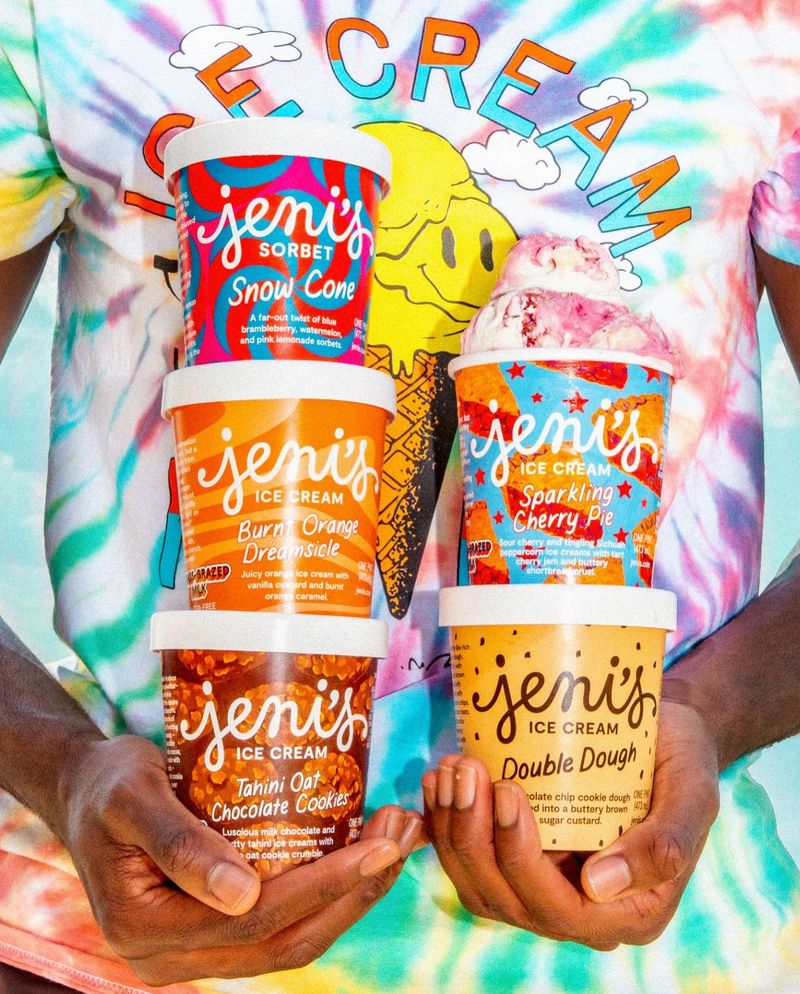
Leave a comment